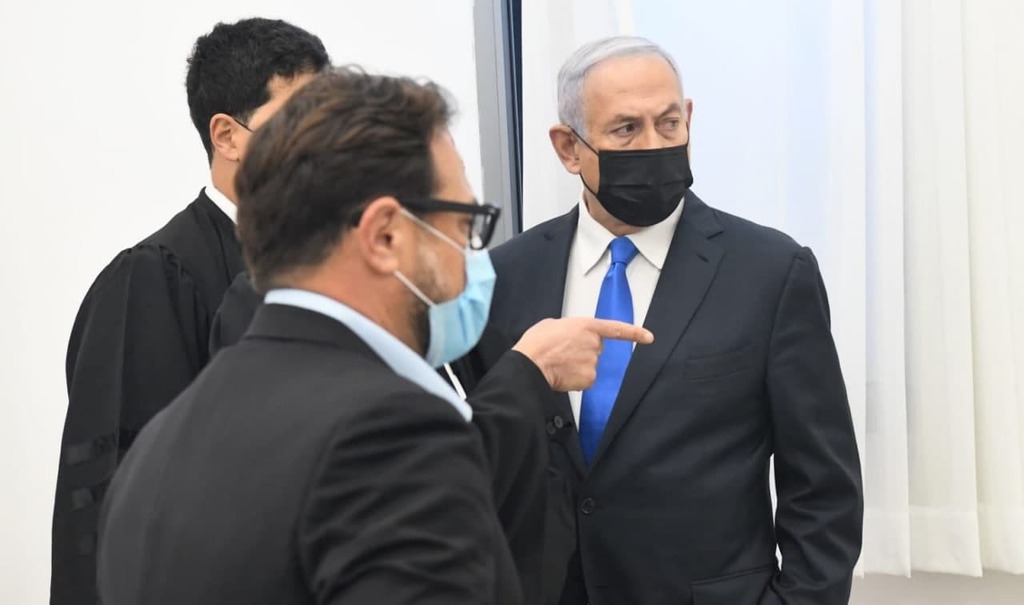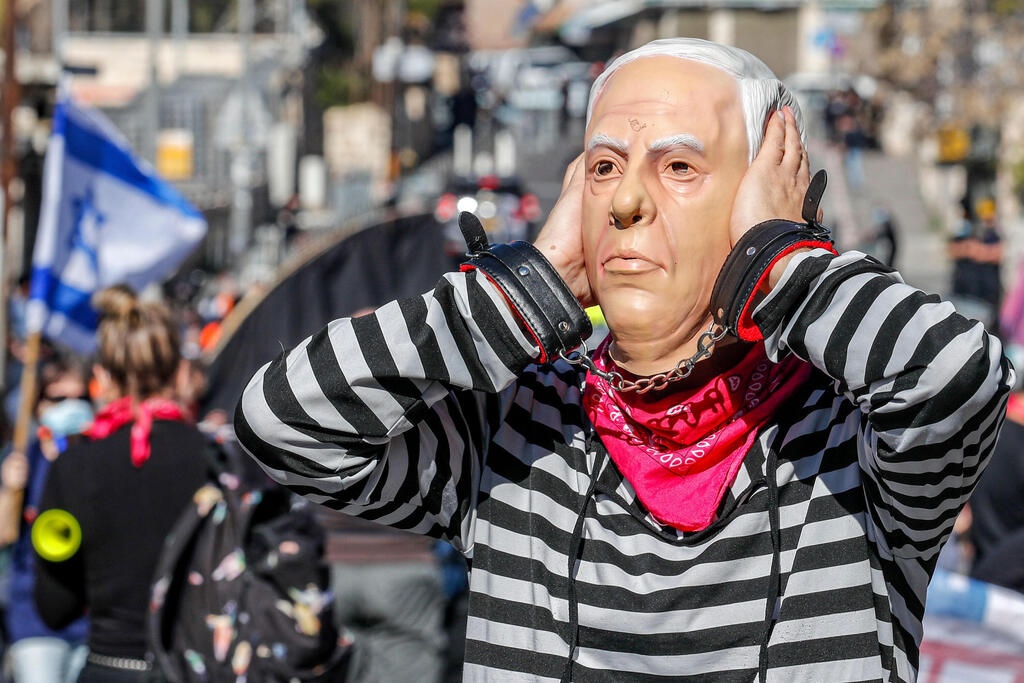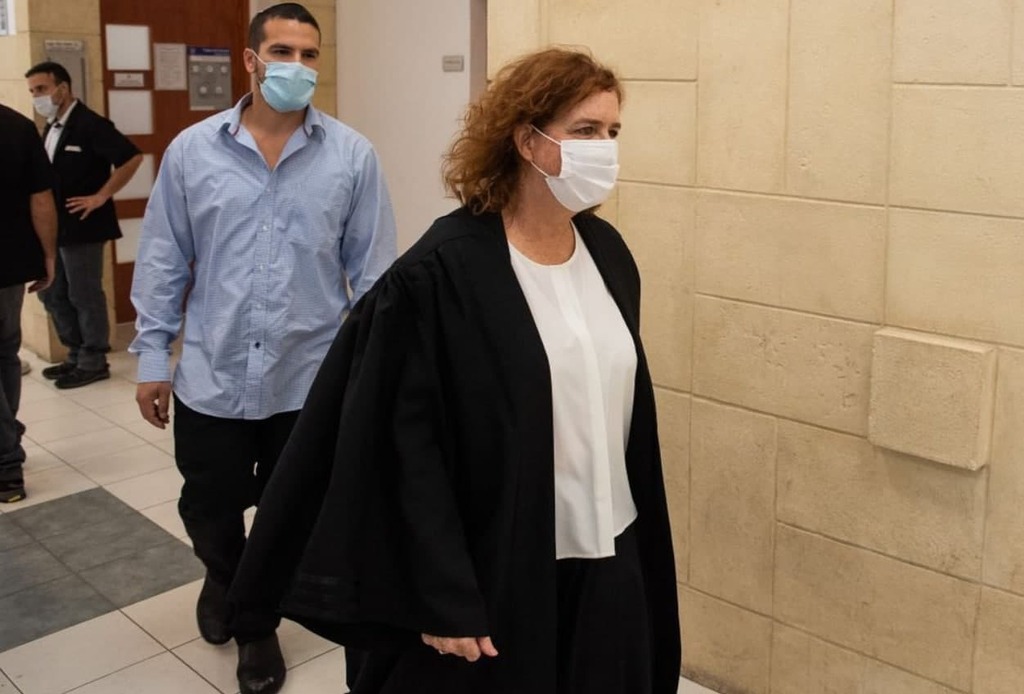Getting your Trinity Audio player ready...
The opening speech set to be delivered by Liat Ben-Ari, the chief prosecutor in Benjamin Netanyahu's corruption trial, has been described in the State Prosecutor's Office as a kind of victory — a symbol and example of the rule of law and of equality before the law.
But this victory also comes to an end Monday with the start of the prime minister's trial — expected to be the most challenging ever conducted by Israel's State Prosecution.
For there is another equally important front just a few kilometers from Jerusalem District Court, in Knesset and the Prime Minister's Office, which has a direct connection to the legal process.
Despite the old cliché of a wall of separation between law and politics, Netanyahu is continuing his attempts to build a coalition that will allow President Reuven Rivlin to task him with forming the next government.
This mission, if successful, will allow the prime minister to try to form a coalition through which he can continue to exert control over and influence the outcome of his trial.
This potential government is so important to him because of the direct connection between his position as prime minister and perhaps his final attempt to create a situation in which he can freeze, delay or even end the continuation of his trial.
3 View gallery


Prime Minister Benjamin Netanyahu stands with members of his legal team in Jerusalem District Court, Feb. 2021
(Photo: Reuven Castro)
This attempt would include the establishment of a commission of inquiry to examine the conduct of the State Prosecutor's Office or the appointment of a justice minister who will elect a friendly state prosecutor on Netanyahu's behalf — or any other solution that may currently be brewing in the minds of his associates.
This is the real objective. Netanyahu might be telling the public that he is working hard to deliver more coronavirus vaccines even as he is searching for a magic formula to inoculate himself against the law.
The trial will inevitably begin with a bang. The talking heads will chatter about what a defining moment it is when a prime minister is on trial and how the State of Israel should be proud not only of being the vaccine trailblazer but also of its fight against corruption.
But throughout the trial, the shadow of the coalition talks will hang over the courthouse, threatening to derail the process.
3 View gallery


A demonstrator wears a mask of Benjamin Netanyahu during a protest outside Jerusalem District Court, Feb. 2021
(Photo: AFP)
Netanyahu supporters will swarm social media with reports on the trial that may not exactly be a true reflection of what is happening in the courtroom.
The defendant's lawyers will do their best to emphasize any misstep by the prosecution, however small, in order to sow distrust and doubt in their case.
Each prosecution witness will be subjected to attacks on their credibility — and of course, the credibility of the entire proceeding will be attacked in parallel. It will be an ongoing battle of nerves.
The trial is expected to proceed as scheduled until the end of May, most likely with three hearings a week.
But by the end of May, the future of the trial and its aftermath will probably be decided once and for all — and that ruling will be handed down from the prime minister's residence.


